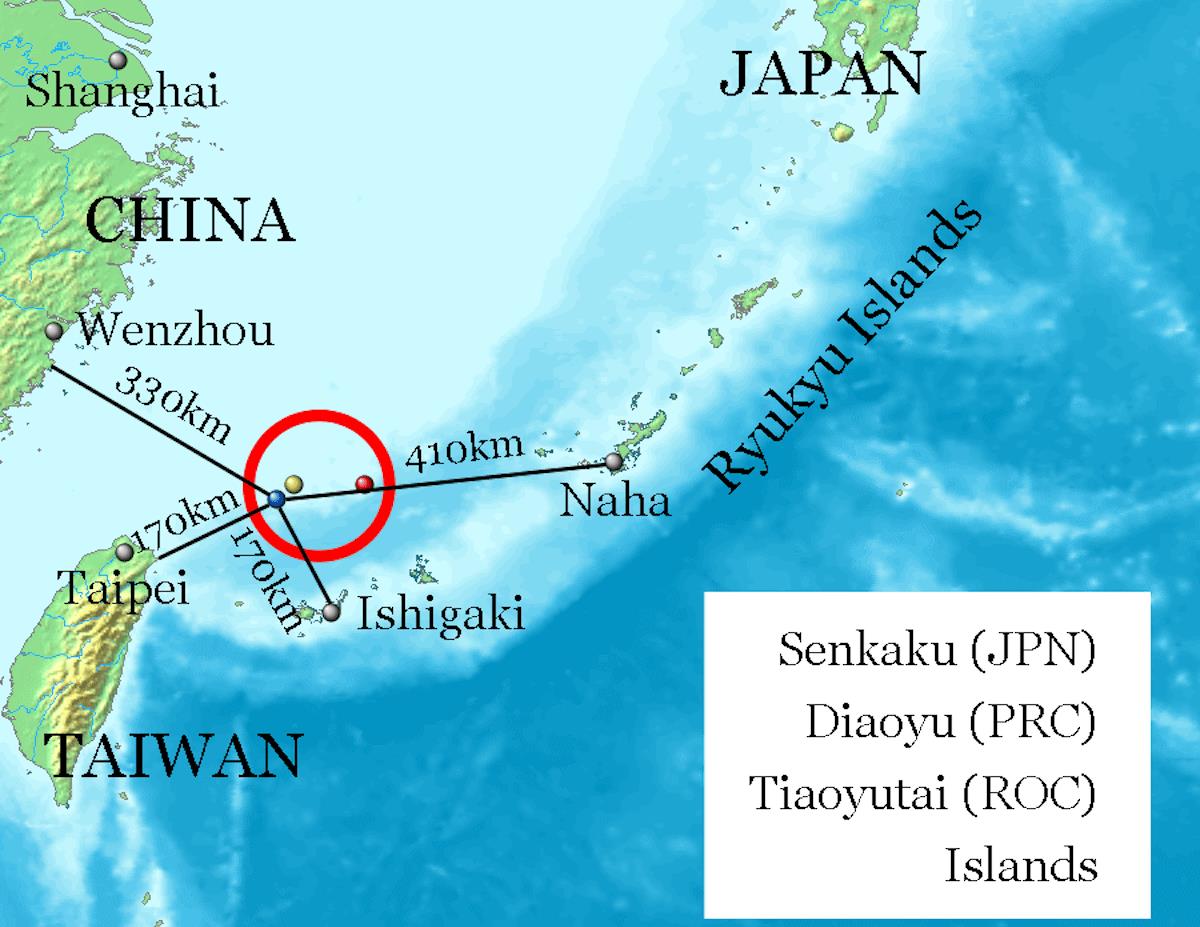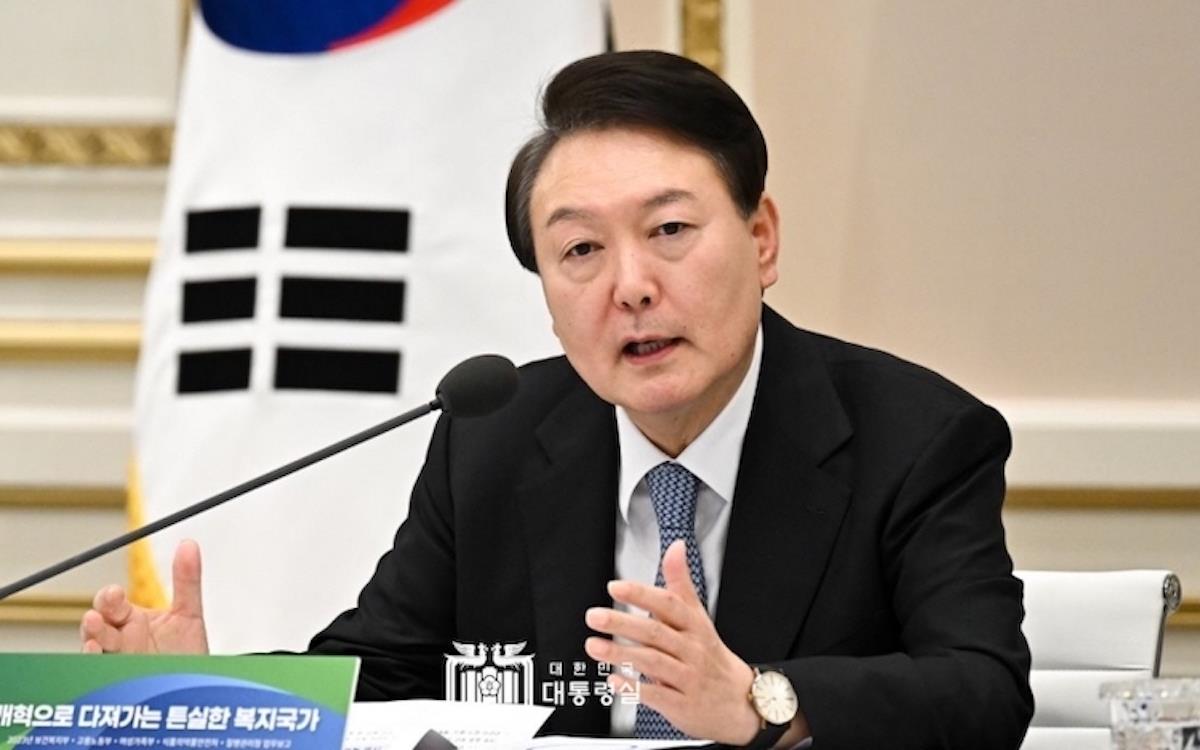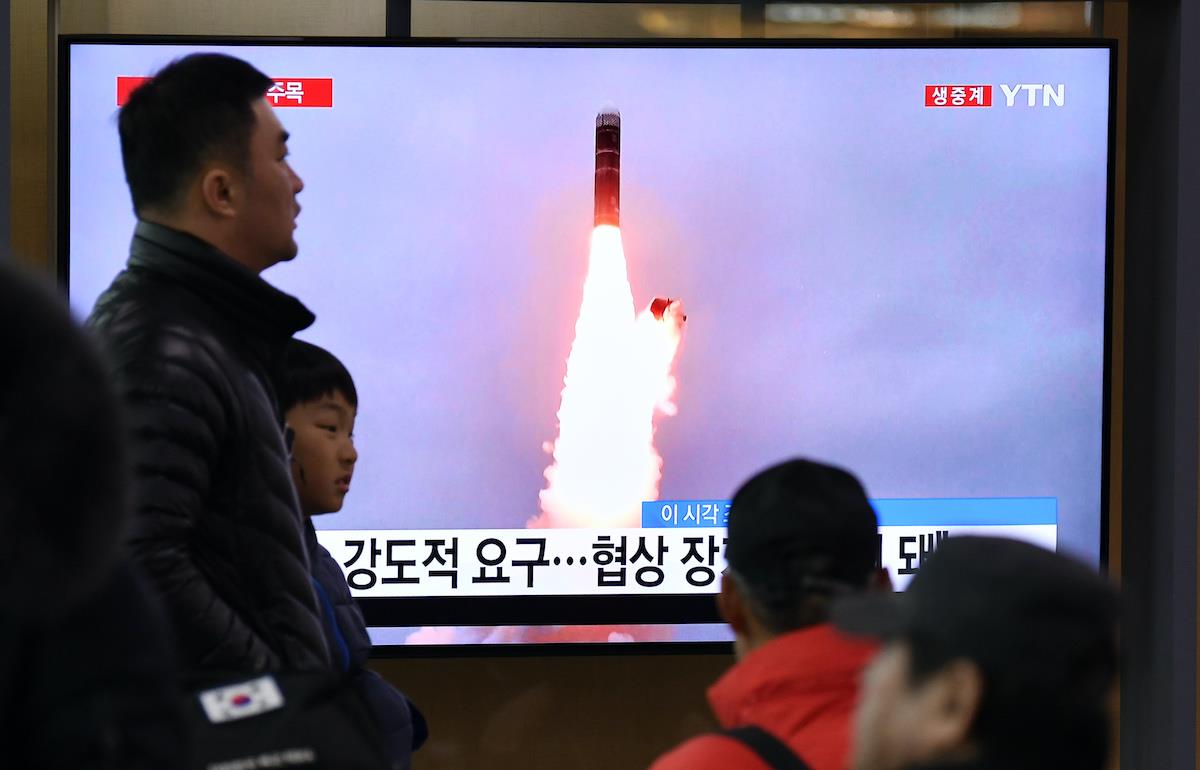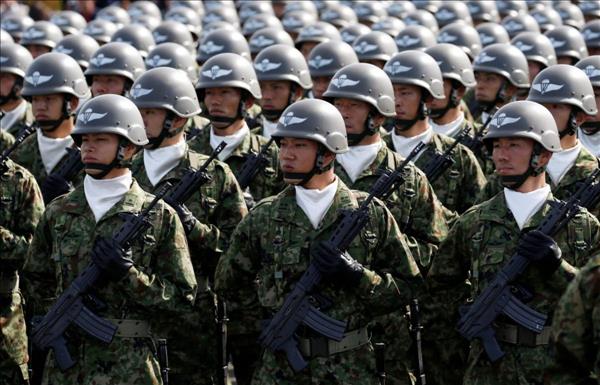(MENAFN- Asia Times) An old question among international relations scholars is how states will react to the emergence of a relatively strong and threatening great power.
The worried states might accommodate the threatening power, which would involve giving up some of their autonomy in the hope of buying safety. Alternatively, the states that fear the threatening country might make greater efforts to strengthen themselves.
This question is highly relevant to today's Asia-Pacific region. Fear of domination by China, with its growing military might and nearly irresistible economic influence, is widespread. A rising People's Republic of China (PRC) urges regional governments to reduce their security cooperation with the allegedly declining United States and to align themselves with Xi Jinping's“community of common destiny .”
The price of good relations with Beijing, however, is substantial. It includes acquiescence to China's vast and growing territorial claims and acceptance of Chinese veto power over any policies China might consider unfriendly.
The United States has been the security backstop for some of China's neighbors. How will they react if they become less confident in America's ability to manage threats posed by the China-Russia-North Korea bloc? Will they accommodate or self-strengthen?
We see at least a partial answer in developments during the last few weeks in Japan and South Korea.
Japan doubles down
Japan's government has announced its intent to double defense spending from 1% to 2% of GDP over the next five years to acquire controversial long-range strike capabilities that could hit targets on Chinese or North Korean territory, and to establish an overarching joint command to ensure better coordination between Japan's army, navy and air force.
These moves accelerate and nearly complete Japan's breakout from the post-World War II restrictions on the country's armed forces. The driver is not recrudescent militarism, but rather Japan's concerns about a security environment that is steadily worsening despite the persistence of a healthy US-Japan alliance.
Both China and North Korea lobbed missiles into Japan's exclusive economic zone in 2022. Tensions between Japan and China over the disputed Senkaku/Diaoyu Islands have been high since 2010.
Most worrisome for Japan is the prospect of a PRC attempt to forcibly annex Taiwan. Tokyo fears that Taiwan's falling under Chinese Communist Party control would dramatically worsen Japan's geopolitical situation, putting China in control of crucial sea lanes and positioning it to take over the Ryukyu Island chain.

Map of disputed Senkaku/Diaoyu/Tiaoyu islands. Credit: Wikipedia
Japanese anxiety over a possible Chinese attempt to seize Taiwan has risen even higher since the Russian invasion of Ukraine. Japanese Prime Minister Fumio Kishida echoed this concern in January, saying ,“Ukraine may be the East Asia of tomorrow.”
Japan's increased sense of danger and new commitment to military strengthening are readily explainable. Japan perceives a shortfall in the amount of protection afforded by the US alliance versus the level of threat present in the external environment.
Seeing the American bulwark as no longer sufficiently high or strong, the Japanese are doing more to provide for their own security.
South Korea's nuclear fever
Meanwhile, South Korea is showing interest in acquiring its own nuclear weapons arsenal.
This has happened before . The government of Park Chung-hee took steps toward building nuclear weapons in the 1970s when it feared abandonment by the United States. The American 7th Infantry Division withdrew from the Republic of Korea (ROK) in 1971 and some members of the US Congress wanted additional troops to leave as well.
Seoul's nuclear weapons program stopped because of intense US pressure. Washington killed a proposed deal by which France would supply the ROK with nuclear reprocessing technology. The Americans also threatened to cancel the alliance if South Korea went nuclear.
Now nuclear fever has broken out again in the ROK, infecting both government and society. The South Korean public has long opposed acquiring nuclear weapons, but recently the numbers have flipped with up to 71% of respondents currently supporting an indigenous South Korean nuclear arsenal.
President Yoon Suk-yeol said in January that North Korea's nuclear and missile buildup might necessitate his country acquiring its own nuclear weapons.

South Korean President Yoon Suk-yeol says his country may need to acquire nukes. Photo: IDN / Facebook
Realistically, this aspiration is impractical for South Korea. The US government is still highly opposed to a South Korean nuclear weapons program.
China would also resist, as this would incentivize Japan to acquire nukes and would likely lead to more North Korean nuclear tests uncomfortably close to the Chinese border.
If Seoul went nuclear, the Nuclear Suppliers Group would cut off supplies of fuel for the nuclear reactors that supply almost a third of South Korea's electricity.
More than an actual plan, the ROK's pro-nuke sentiments represent a decline in faith that America can guarantee South Korea's security.
North Korea is expanding and diversifying its missile capabilities and adopting a more frightening posture. In September 2022, Pyongyang announced what amounts to a nuclear first-use doctrine, saying it might use nuclear weapons in pre-emptive strikes if it expects an enemy is planning to attack it.
Biting the bullet
Yoon has said he does not believe South Korea's existing missile defense systems, including the US-supplied THAAD, could stop an attack by one of the advanced missiles that the North Koreans have tested.
The widely-presumed North Korean capability to hit the US homeland with a nuclear-armed intercontinental ballistic missile makes South Koreans rethink the credibility of the US“nuclear umbrella.”
Striking North Korean territory in retaliation for an attack on the South used to be cost-free for the United States, but now the question arises whether Americans would be willing to lose Seattle to avenge Seoul.

People in Seoul on January 1, 2020, watch a television news program showing file footage of a North Korean missile test. Photo: AFP / Jung Yeon-je
Furthermore, the Donald Trump presidency shook South Korea's belief in US reliability. Trump often characterized South Korea as a useless ally and reportedly considered withdrawing all US forces from the peninsula if Seoul did not agree to massively increase its payment toward the troops' upkeep.
America now seems possibly one election away from a president who might decide to walk away from the alliance. Under these circumstances, a nuclear arsenal symbolizes the wish of South Koreans to control their strategic circumstances.
Sometimes accused of being free-riders , Japan and South Korea demonstrate that at least some of the countries that have relied on the US for security are willing to do more, even when doing more is difficult, to protect themselves if US help appears insufficient.
Such a trend might extend the life span of US influence in the region. In this case, the behavior of these US partners also bolsters a global order based on liberal norms, since their self-strengthening is in opposition to aggressive behavior by China and North Korea.
Denny Roy is a senior fellow at the East-West Center, Honolulu.






















Comments
No comment